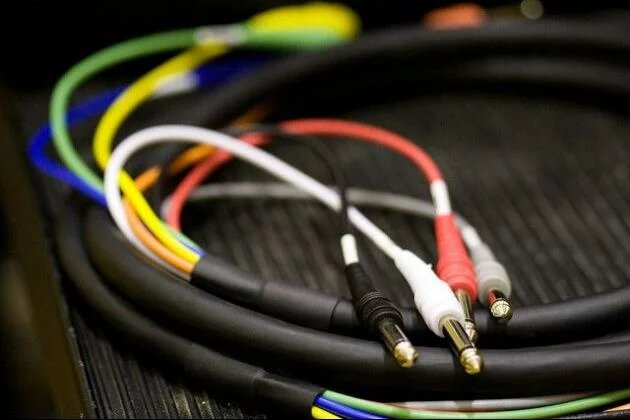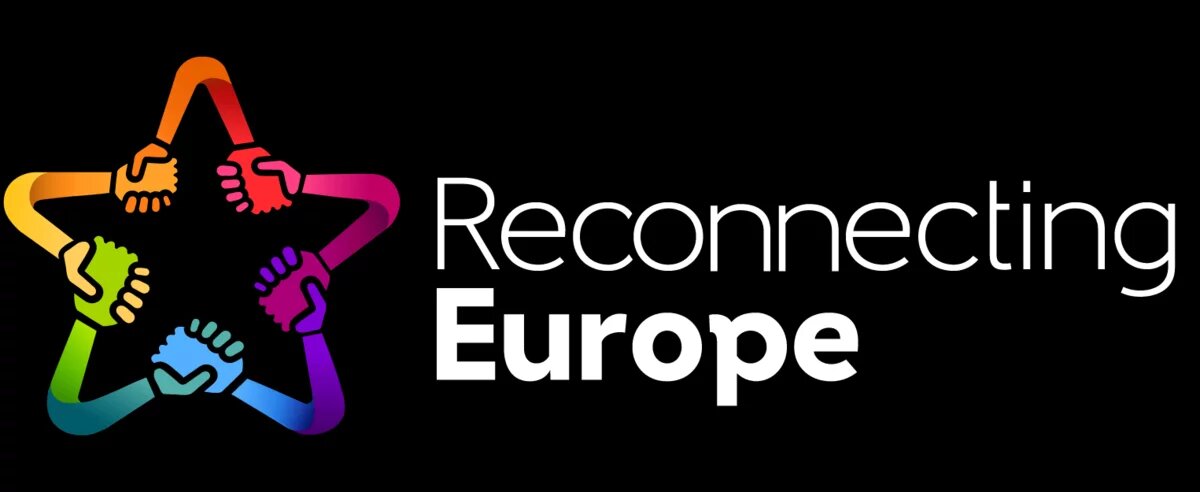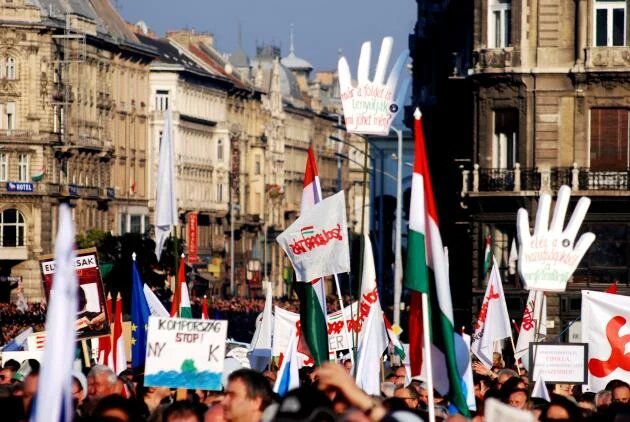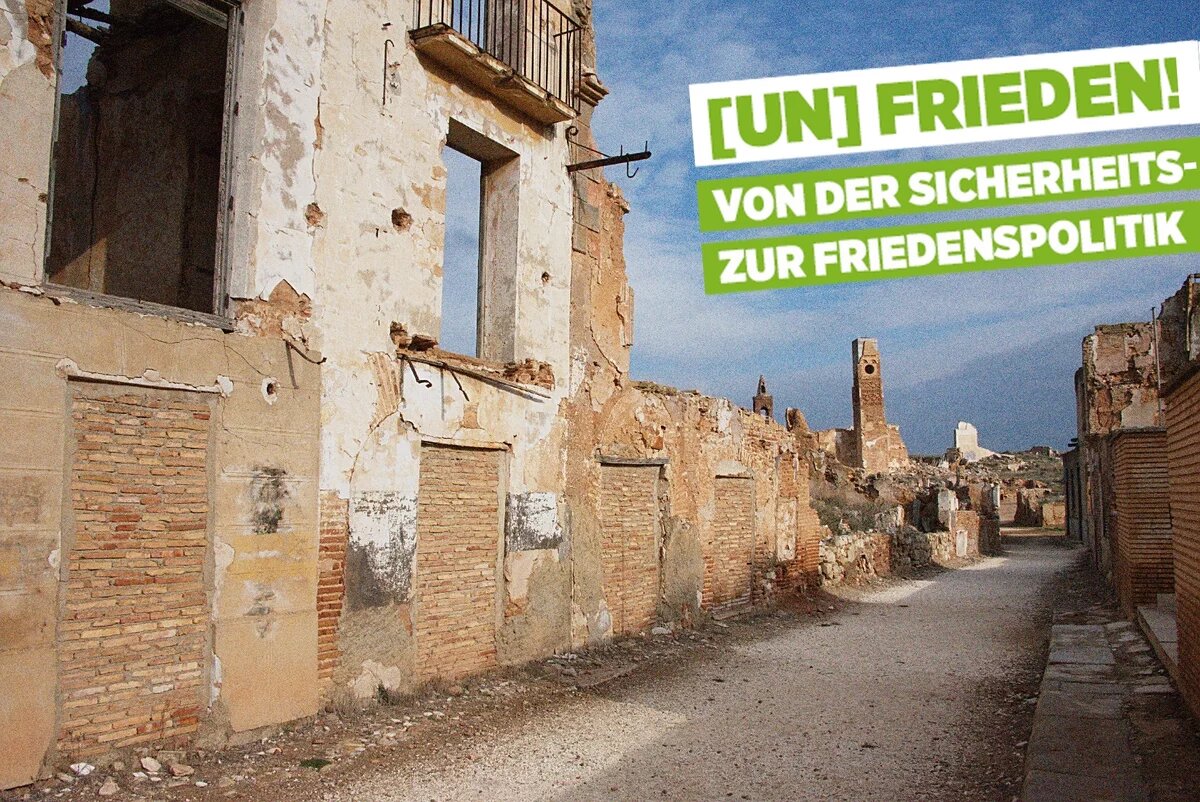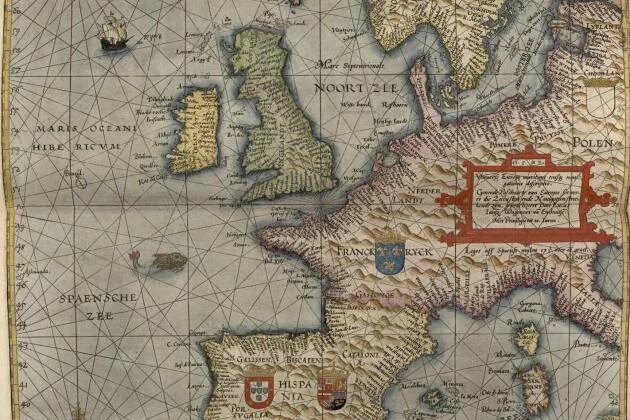
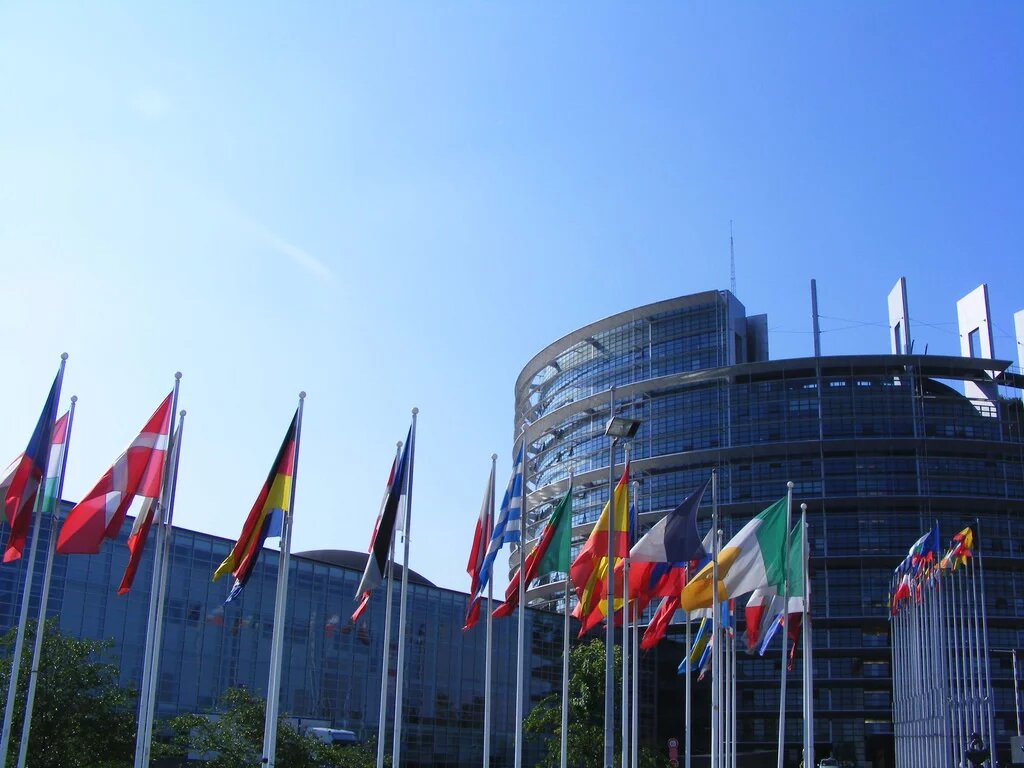
All across Europe citizens are debating their living and working conditions against the background of local politics but also EU policy. At first glance, many are not able to discern the advantages a deepening of the EU may entail, a situation exacerbated by the financial and economic crises, youth unemployment, a loss of trust in EU policy, increasing scepticism regarding Europe, and numerous unanswered questions about the integration of new member countries.
How do policies that are made in Brussels affect us as individuals? How can we influence the design of EU policies? How can we make Europe a tangible experience for all its citizens? These and many more questions will be addressed at conferences, panel discussions, in publications and workshops in order to reveal Europe’s diversity, its regions, its issues and problems, and the commitment of the people living here. At the same time, we are aiming to shed light on the EU’s committees and bodies and how they operate. Through their activities, the Heinrich Böll Foundation and its project partners want to promote public discourse in Europe by offering a forum for differing points of view while also identifying what we have in common. The overall goal is to encourage people to get actively involved and to think of themselves as citizens of the European Union.
The European Union, its role with the neighbouring countries and in the world
yearlong – Brussels, Belgium
Web dossier
The eastern and southern neighbourhood of the European Union are in turmoil. The conflicts at the EU’s eastern and southern borders no longer stop there. Refugees and migrants are entering the EU on an unprecedented scale. Terrorist attacks and threats related to conflicts in the southern neighbourhood have reached EU soil. The EU’s neighbourhood policy has miserably failed. A new ENP is in the making, but as the EU is struggling to deal with these new challenges it has to face its own erosion process. How can an unstable EU contribute to the stabilisation and the rebuilding of its neighbourhood? How do people in the neighbourhood see the European Union and the state it is in? What are their expectations?
The web dossier "Rebuilding the Neighbourhood" deepens the knowledge about the EU and its neighbouring and foreign policy. The contribution about the regions and topics deliver arguments why the continous work on the European project is important for the future. These contributions are set:
March – Introduction and overview
- Rebuilding the Neighbourhood: Introduction by Ilana Bet-El
- Geopolitics with European Characteristics by Prof. Dr. Sven Biscop
April and May – The mediterrean region
- ENP and the Southern Mediterranean: Youth as the Key Element for Stability in North Africa by Héctor Sánchez Margalef (Researcher on Euro-Mediterranean dynamics, European governance and new political movements at the CIDOB, Barcelona Centre for International Affairs)
- A Migration Bubble? Reading the New European Neighbourhood Policy in the Moroccan Context by Sakina Abushi (project coordinator Heinrich-Böll-Foundation Rabat, Morocco) and Hicham Arroud (activist and migration expert)
June and July
• Ukraine’s Unrequited Passion for Europe by Jan Piekło (Director Foundation for Polish-Ukrainian Cooperation PAUCI, Warsaw)
• Overcoming European Extremes – Towards One European Neighbourhood by Mikhail Minakov (Political Philosopher, National University of Kyiv-Mohyla Academy, Kiev)
September – Middle East
• Judy Dempsey: "The European Union and its Southern Neighbourhood" (non-resident senior associate at Carnegie Europe and editor in chief of Strategic Europe)
• Dr. Bente Scheller (director Middle East office, Heinrich-Böll-Foundation, Beirut): "Views from the South – The European Neighbourhood Policy in Lebanon", with and Noor Baalbaki, Alisha Molter
October – South Caucasus
• Amanda Paul (Senior Policy Analyst, EPC): "The EU and the South Caucasus 25 Years Since Independence"
• Ivane Chkhikvadze (EU Integration Programme Manager at Open Society Georgia Foundation): "The South Caucasus and the EU – Different Paths for Each Country"
November/December – Israel and Palestine
• Hugh Lovatt (Programme Coordinator, Middle East and North Africa, European Council on Foreign Relations): "Moving Beyond the MEPP: How a New European Neighbourhood Policy can Save the Two State Solution"
• Ingrid Jaradat (Coordinator of International Advocacy and Public Relations for the Civic Coalition for Palestinian Rights in Jerusalem): "What Neighbourhood Policy in a Context of Unlawful Occupation? Israel and the Occupied Palestinian Territory"
Reconnecting Europe – Event series
‘Creating a Union that Connects’ ─ but how? The Dutch EU Council Presidency and the Harsh Realities of a Crumbling Union
February 24, 2016 – Brussels, Belgium
On January 1st, 2016 the Netherlands embarked on what will probably turn out to be the rockiest of its twelve EU Council Presidencies. Among its four guiding principles the intention to ‘create a Union that connects with civil society’, seems to be if not the most ambitious certainly the most essential and the hardest to put into practice.
Since: how do you (re)connect the EU institutions with the European citizens amidst the overwhelming problems which seem to pull the Union more apart every day? Due to the terrorist threat and the migration crisis the Schengen system is as good as dead whereas European governments are still vehemently disagreeing on a common solution of the migration issue. Poland is following Hungary on its road to ‘Putinisation’ with Croatia almost unnoticed in its slipstream. The euro crisis, though not much talked about these days, is far from being solved and the BREXIT-referendum forecasts its shadow. And, as if this wasn’t bad enough, the Dutch government will have to wrestle with all these difficulties with one hand tied behind its back as on the domestic front it has to fight for its political survival against the spectacular growth of Geert Wilder’s right-wing populist and Europhobic PVV. Half-way through its presidency, on 6 April, it will also have to win an advisory referendum on the approval of the Association Agreement between the EU and Ukraine which in case it’s a ‘no’ will create another problem for the Dutch government, its EU Presidency and the progress of the Eastern Partnership.
Whereas one used to say about former EU Presidencies that they were ‘at the helm of the Union’, the Dutch Presidency looks more like a battered crew on a leaky rubber boat desperately trying to avoid the fatal impact of merciless waves which could make it sink any time. What is clear is that the Dutch cannot succeed in their mission to ‘create a Union that connects’ without the undivided political will of the other EU governments to support their aims, but seen the current state of the Union this seems unlikely. And what about the citizens ─ how much do they want to be (re)connected with a Union which many have come to see as a threat rather than as the promise it was meant to be? Time to find answers to this existential question is running out quickly – not only for the Dutch Presidency.
Speakers are: Joop Hazenberg (EU Watcher), Mark Kranenburg (Journalist NRC Handelsblad, The Hague, specialised in Foreign and European Affairs), Julian Rappold (Programme officer at the German Council on Foreign Relations DGAP), Judith Sargentini (Member of the European Parliament, Greens/EFA).
The Refugee Crisis and its Impact on the European Union – More Disunity, Ultimate Failure or Pragmatic Emergency Solution?
March 16, 2016 – Brussels, Belgium
Lunch Debate
More than 1 million asylum seekers arrived in Europe last year. The situation overwhelmed national governments and EU Institutions alike and further disrupted the relations between Member States. The Dublin Agreement, finally accepted as unfair and unsustainable, was blown to pieces along with the rest of the common asylum system; the Schengen agreement is on the brink of collapse. Every Member State seems to follow and defend its own agenda. Some erected fences along their borders even at borders with other Member States. Deep divisions (between east – Visegrad – and west, north and south, periphery and centre, and lately even between core members of the Union) are visible. Will the migration crisis drive the Union even further apart? Seven Migration Summits have not brought about a sustainable solution. Agreements are not being implemented. The communication channels between the various (groups of) countries seem to be blocked. The mood among EU citizens, helpful and positive in many countries at the outburst of the crisis, is changing. Populists have rushed in where main stream parties feared to tread and have taken over the political discourse. In the meantime, the refugees keep coming. What can be done to unblock the communication channels, unify the Member States on a pragmatic and responsible solution acceptable for all, which is also fair to the neighbouring non-EU countries, and give the refugees a humane perspective? And how can the political discourse be taken back from the populists?
Guest speakers were: Peter Bosch (Senior Expert Unit on Inter-institutional relations and Citizenship, DG Migration and Home Affairs, European Commission); Jelena von Helldorff (Senior Policy Advisor, Centre for European and International Policy Action); Julija Kranjec (Programme Director, Centre for Peace Studies, Croatia) and Bodil Valero (Member of European Parliament Greens/EFA, Sweden). The debate was moderated by the director of the Heinrich-Böll-Stiftung European Union, Klaus Linsenmeier.
The Referendums in Denmark, the Netherlands and the UK in Light of Euroscepticism, Refugee Crisis and the Paris and Brussels Terror Attacks
April 27, 2016 – Brussels, Belgium
Lunch Debate
Referendums are supposed to ‘bring back’ political questions to the people. Many referendums have been held on questions concerning the European Union: enlargement, the treaties, the European constitution, the euro. A new ‘trilogy’ of referendums started with the Danish European Union opt-out referendum in December 2015. This referendum, which could have modified Denmark’s full opt-out on home and justice matters, took place at the height of the refugee crisis and not much more than two weeks after the Paris terror attacks. The Danes decided to stick to the opt-out. The next referendum to come is the Dutch Ukraine–European Union Association Agreement referendum to be held on 6 April. The result of this referendum, instigated by Eurosceptic groups, could – even though it is non-binding – derail the foreign policy of the Dutch government, hamper EU-Ukraine relations and embarrass the Dutch presidency. Only two weeks after the Brussels attacks, with the refugee crisis still unsolved, the prospects for the ‘Yes Campaign’ to win are gloomy.
Of course, the ‘big one’ is the ‘Brexit referendum’ on 23 June. It seems a long time ago that the European Union could celebrate a convincing success and with Farage using the recent terror attacks in Brussels as arguments for his Brexit campaign, times are tough for the ‘In Campaign’. What is the relation between Euroscepticism, refugee crisis and the fear of terror attacks and how do they reflect in the recent and upcoming referendums and referendum campaigns? What lessons can be learned from the Danish and Dutch results with regard to the UK campaign? In the light of Euroscepticism, refugee crisis and the Paris and Brussels terror attacks is there still hope for a multi-cultural unified Europe?
Speakers are: Michiel van Hulten (Independent Consultant, Brussels, former MEP and Yes Campaigner ‘Ukraine referendum’), Shada Islam (Director of Policy at Friends of Europe), Lisbeth Kirk (Founder EUobserver), Jean Lambert (MEP, The Greens-European Free Alliance).
After the Paris and Brussels Attacks: What Future for Young Europeans?
June 21, 2016 – Brussels, Belgium
Workshop
The Paris terror attacks were clearly aimed at young Europeans and their way of life. But not only (most of) the victims were young Europeans – so were the perpetrators. The terrorist attacks in Brussels shook up the world of many young people who work or hope to find a place in the ‘Brussels bubble’. They were a wake-up call for the young everywhere in Europe many of whom probably for the first time realised that a peaceful and untroubled future can no longer be taken for granted. Again, the perpetrators were young Europeans. How did Europe get to this point and what can young Europeans do to reclaim their future? How do young people in Europe see their own future and the role they can play to keep our societies open, pluralistic and democratic? How much freedom are they willing to give up for their security? How much security are they willing to give up for their freedom? What will and should European societies look like in ten years’ time? What can Europe learn from the way similar situations are/were handled in other parts of the world?
Invited speakers are: Reem Alsalem (manager Syria programme, European Institute of Peace), Roberta Bonazzi (founder and executive director European Foundation for Democracy), Demir Murat Seyrek (Senior Policy Advisor, European Institute of Peace), Ilke Toygür (Universidad Autónoma de Madrid, Department of Political Science and International Relations and Mercator- IPC Fellow Istanbul Policy Centre, Sabancı University), Claude Weinber (former office director Heinrich-Böll-Stiftung Tel Aviv and Brussels) and Mahdi Abdile (Research Fellow European Institute of Peace, seconded from Finn Church Aid).
Article series "Europes Future"
yearlong – Brussels, Belgium
- The Good, the Bad and the Ugly – 5 + 1 Steps Away From Visa-Free Travel for Turkish Nationals von Ilke Toygür und Melih Özsos.
Reconnecting Europe – Blog
yearlong – Brussels, Belgium
The European Union is drifting apart. What can we do to reconnect citizens and EU Institutions, north and south, centre and periphery? Four bloggers from Bulgaria, Germany, Spain and the UK share their ideas.
- Blog "Reconnecting Europe"
- Doing Something Bad for Europe? The UK’s Referendum Deal by Alex Brianson
- For a Progressive and European Response to Security Challenges by Sophie Heine
- The Panama Papers and the International Battle Against Tax Havens: Lessons for the EU by Mattias Vermeiren and Wouter Lips
Rassism and right-wing populism
Webdossier
yearlong – Berlin, Germany
The daily attacks against refugee camps show: Rassism ist very much rooted in our society. The rise of the AfD and the weekle marches of Pegida are signs that the devaluation of certain groups of people are even stronger in times of crisis. The search for traces in the trial against Beate Zschäpe and the NSU commission of inquiry is still ongoing. In this web dossier the contributions she more light on rassism, right-wing extremism and right-wing populism.
There is also a RSS-Feed available.
Fokus Europa
year-long – Berlin, Germany
Podcast series
Fokus Europa is a series of talks about politics, culture and the society in Europe. The Heinrich Boell Foundation produces the series, presentation: Tim Pritlove.
FE015 Hungary and the European Crisis, published February 2nd 2016 (German)
FE016 European finance and moneary policies, published February 22nd 2016 (German)
FE017 Foreign and security policy, published May 11th 2016 (German)
FE018 European identity, published June, 29th 2016 (German)
Focus on Hungary
year-long – Budapest, Hungary
Web dossier
The Heinrich Böll Foundation is compiling a dossier containing articles on the situation in Hungary since the right-wing government came to power in April 2010. The arguments and opinions presented in the dossier provide an acute, sometimes trenchant critique of the current government and its policies. We see our role in supporting the democratic voices in Hungary and raising public attention in Europe with regard to critical developments in our common political space.
We hope that this dossier will help our readers get a better grasp of the controversies surrounding the socio-political changes in Hungary, and thereby involve members of the European public in the crucial debate on democracy in a changing Europe. This debate is not limited to current developments in Hungary. We see democracy as a never-finished task. There is no guarantee against retrogression, and it’s always up to citizens to reinforce democratic structures and procedures through their engagement in the public sphere.
Summer academy
[Un]Peace! From security policies towards freedom policies
August 26-28, 2016 – Friedensburg/Schlaining, Austria
Facing wars at the periphery and terrorist attacks in Europe's center the question arises if and how we can shape the upcoming social and ecological radical changes in a peaceful way. The radicalisation of the European socities, the political output and the fragile solidarity consensus in the European Union as well as the crumbeling social cohesion in Austria suggest that there must be a green solution for a sustainable future vision. Inspired from a work, that has been done in the enviroment of the Friedensburg Schlaining during the Green Summer Academy 2016 we want to develop strategies and aims for a green peace policy and reflect them on a perspnal, social, economical and (inter)-cultural level.
The workshops 2016:
-
Workshop 1: Interactive conflict-solving. Alternatives for humanitarian intervention. All-day workshop with Linda and Jan Schönbauer-Brousek, both from the Herbert C. Kelman Institute for Interaktive Conflict Transformation
-
Workshop 2: The violence of relation. Neoliberalism, militarism and right-wing extremism. All-day workshop with Andreas Novy.
-
Workshop 3: Agriculture and nutrition sovereignty ... and its meaning for war and peace. All-day workshop with Eva Lachkovits and Thomas Waitz.
-
Workshop in the morning with Claudia Brunner (Centre for peace studies and peace education)
-
Workshop 5: Isolation, deterrence or awakening? Scenarios for Europe's future. Workshop in the morning with Michel Reimon, green representative in the European parliament
-
Workshop 6: What does security mean in a capitalistic society? Workshop in the morning with Tanja Windbüchler-Souschill, Green partys member of the national assembly
-
Workshop 7: Between global COP and global governance. Foreign, security, defence and peace politics of the EU. Workshop in the afternoon with Thomas Roithner, peace researcher and journalist
-
Workshop 8: Successful projects - Peace politics in Europe. What the EU can do for a peaceful living. Workshop in the afternoon with Monika Vana, Greens in the European parliament
-
Workshop 9: Cultural diversity of conflict solutions. Workshop in the afternoon with Barbara Hemis, cultural and social anthroplogist and Susanne Nückel, GBW Vienna
-
Special workshop: Teach.Peace.Poetry.Slam! with Victoria Vorraber, spreaker of the Young Greens Steiermark and slammer
• Website
